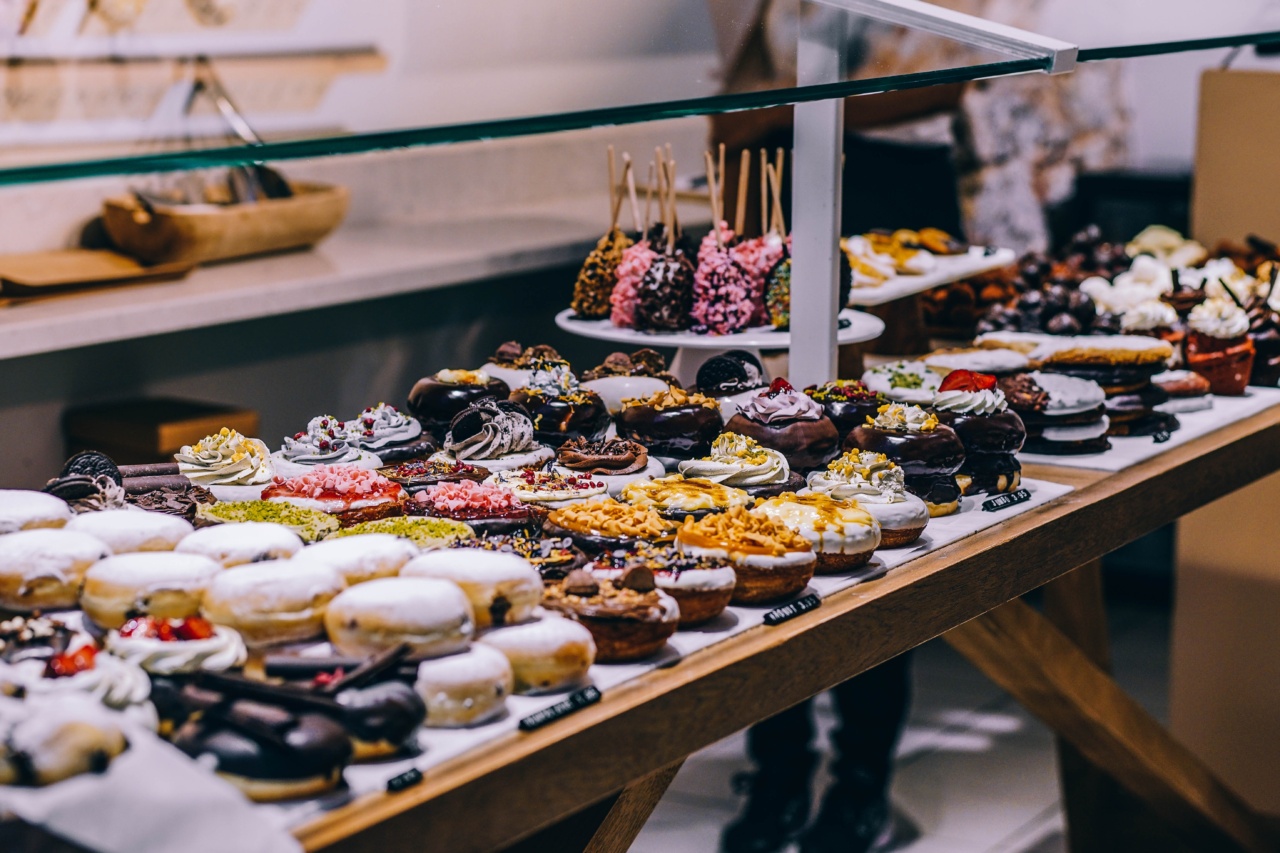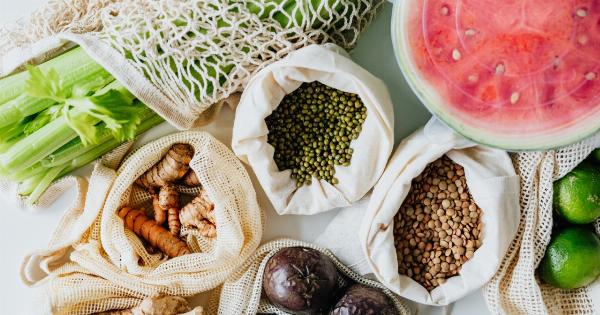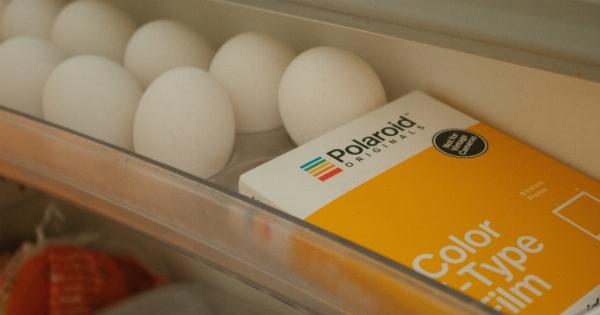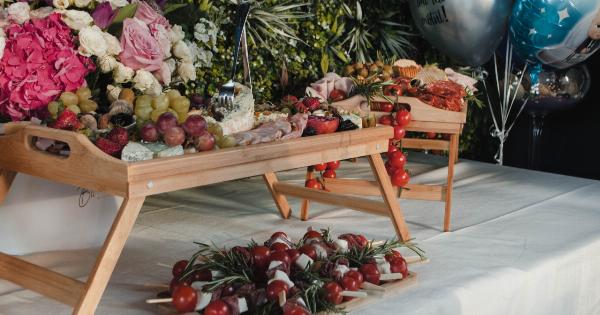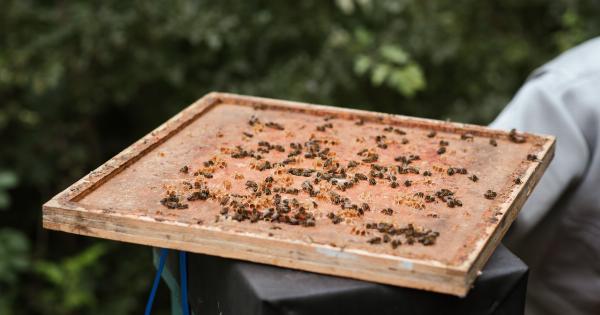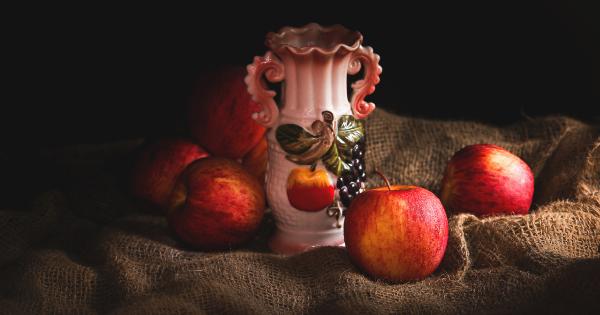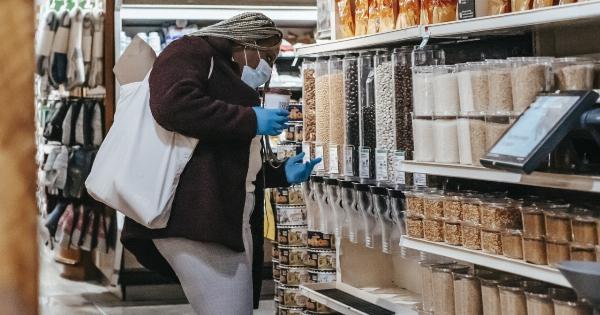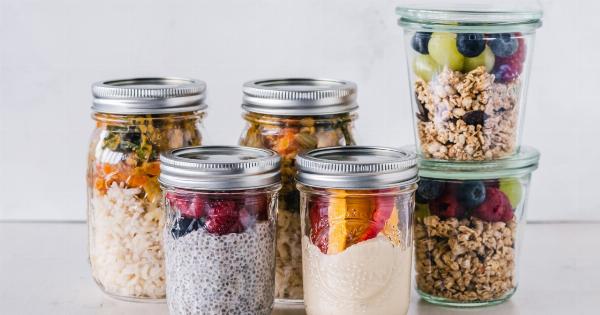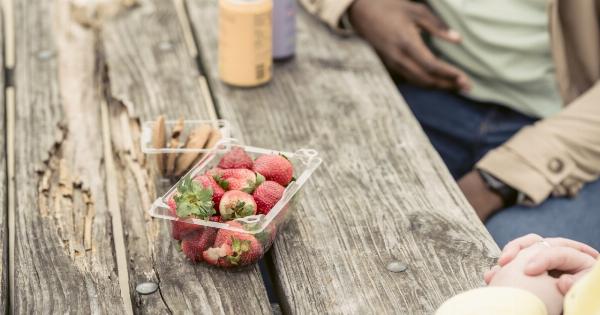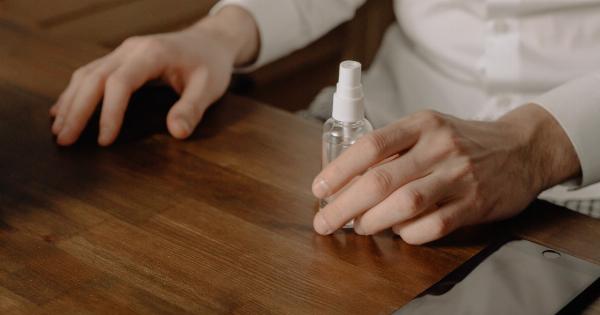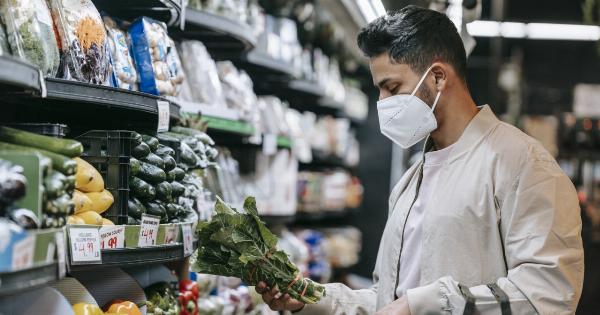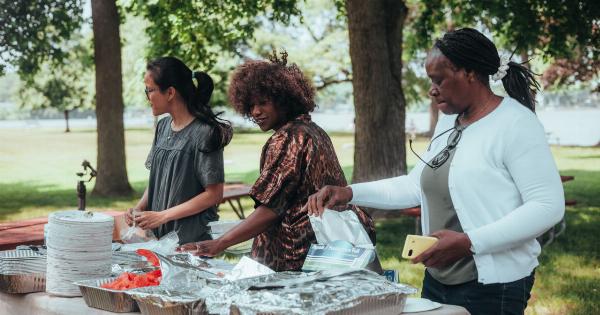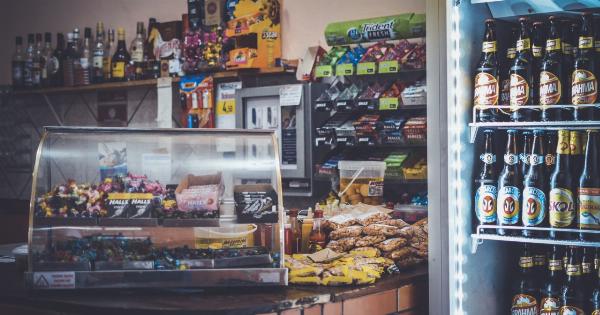Properly storing food is essential to maintain its freshness, flavor, and nutritional value. However, many of us unknowingly make mistakes when it comes to food storage, which can lead to spoilage, foodborne illnesses, and unnecessary waste.
In this article, we will explore some common errors we make when storing food and provide tips on how to avoid them.
1. Keeping Potatoes and Onions Together
Potatoes and onions are staples in many kitchens, but storing them together can be a big mistake. Both these vegetables release moisture and gases that can cause them to spoil quickly.
It’s best to store potatoes in a cool, dry, and dark place, such as a pantry, in a paper bag or a breathable container. On the other hand, onions should be stored in a cool, dry, and well-ventilated area, preferably in a mesh bag.
2. Storing Bread in the Fridge
While it may seem logical to extend the shelf life of bread by refrigerating it, this can actually have the opposite effect. The cold temperatures in the refrigerator can cause the bread to dry out faster and become stale.
Instead, store bread at room temperature in a cool and dry place, such as a bread bin or a pantry. If you want to prolong its freshness, consider freezing it in airtight bags.
3. Storing Tomatoes in the Fridge
Tomatoes are another item that should not be stored in the refrigerator. The cold temperatures can alter their flavor and texture, resulting in a mealy and less appealing tomato.
Instead, leave tomatoes on the counter at room temperature until they are fully ripened. If you have ripe tomatoes that you can’t use immediately, you can store them in the fridge for a few days, but it’s best to consume them as soon as possible.
4. Storing Oils and Nuts Improperly
Both oils and nuts are susceptible to rancidity when exposed to light, heat, and oxygen. To preserve their quality, it’s important to store them properly. Oils should be kept in a cool, dark cabinet away from direct sunlight and heat sources.
Nuts, on the other hand, should be stored in an airtight container in a cool and dry place. You can also extend their shelf life by refrigerating them, especially in warmer climates.
5. Storing Leftovers for Too Long
Leftovers are a convenient way to enjoy your meals on busy days, but they have a limited shelf life. Keeping leftovers for too long in the fridge can increase the risk of foodborne illnesses.
It’s generally recommended to consume leftovers within 3-4 days, but this can vary depending on the type of food. Make sure to label your leftovers with the date and store them in airtight containers to maintain their freshness.
6. Overpacking the Fridge
It’s tempting to cram as much food as possible into the fridge to save space, but overcrowding can hinder proper air circulation. This can lead to uneven cooling, hot spots, and an increased risk of spoilage.
To ensure your fridge operates efficiently, leave enough space for air to circulate around the items. Additionally, regularly clean out expired or spoiled foods to prevent cross-contamination and unpleasant odors.
7. Storing Herbs in the Wrong Way
Herbs can add a burst of flavor to your dishes, but they can quickly lose their potency if stored improperly. Avoid storing herbs in plastic bags as they can trap moisture and promote mold growth.
Instead, loosely wrap fresh herbs in a damp paper towel and place them in a plastic container or a glass filled with a small amount of water, similar to how you would store a bouquet of flowers. This method helps keep the herbs hydrated and extends their shelf life.
8. Not Using Proper Containers for Freezing
Freezing is an excellent way to extend the shelf life of many foods, but using the wrong containers can result in freezer burn and a loss of quality. Always use airtight containers or heavy-duty freezer bags that are specifically designed for freezing.
When using containers, leave some space at the top to allow for expansion. Properly labeled containers will also help you keep track of the contents and avoid unnecessary waste.
9. Storing Spices Near Heat Sources
Spices add flavor and depth to various dishes, but they can lose their potency and vibrancy if exposed to heat, light, and moisture. Avoid storing spices near your stove or other heat sources, as the heat can cause them to deteriorate quickly.
Keep your spices in a cool and dry area away from direct sunlight, such as a spice rack or a cabinet.
10. Ignoring the Use-By Dates
Foods often come with use-by or best-before dates for a reason. These dates indicate the period of time during which the product is at its best quality. Ignoring these dates can lead to consuming spoiled or potentially unsafe food.
Pay attention to the use-by dates and try to use perishable items before they expire. In some cases, you may still be able to consume food past its use-by date if it looks, smells, and tastes fine, but exercise caution and trust your instincts.
Conclusion
Avoiding these common mistakes when storing food can help you maintain its freshness, quality, and safety for a longer period.
By following these simple tips, you can minimize food waste, reduce the risk of foodborne illnesses, and ultimately enjoy your meals to the fullest.
